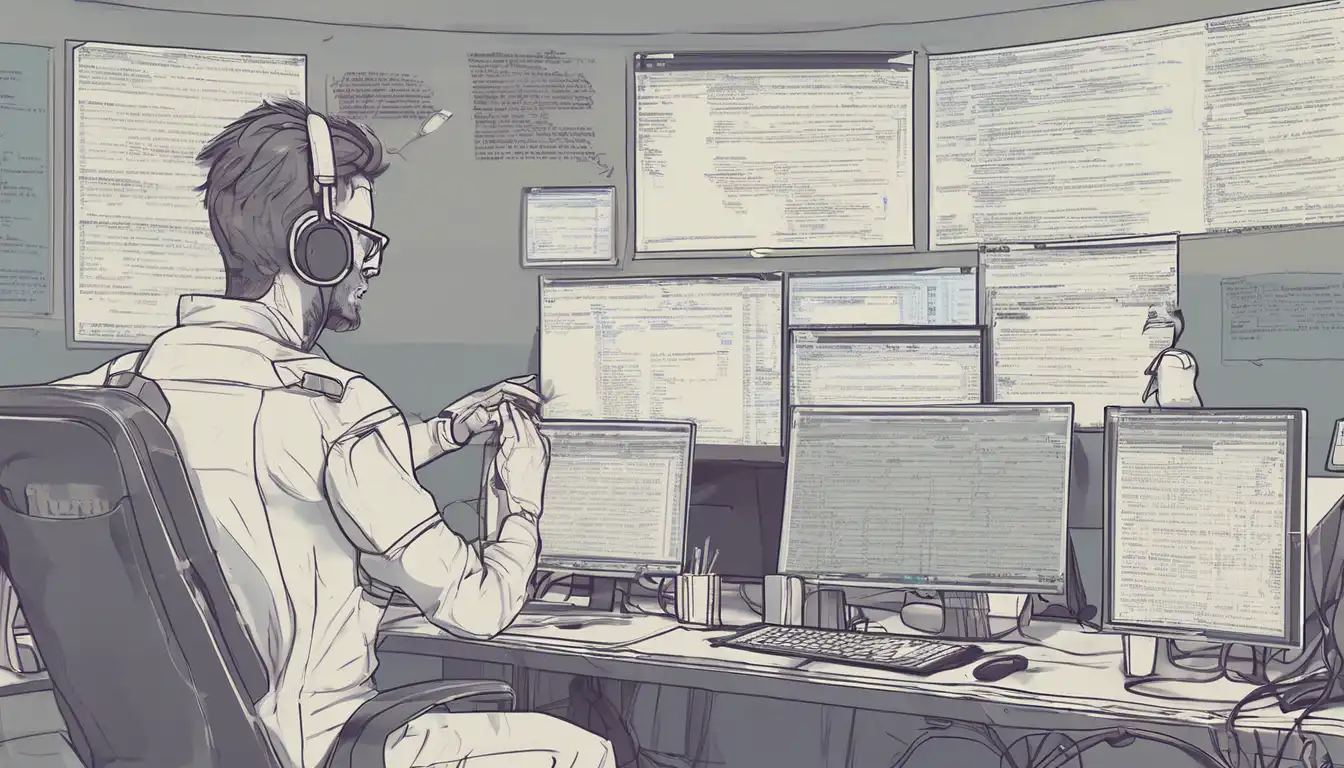Introduction to Professional Code Debugging
Debugging is an essential skill for any programmer, yet many struggle with it. This guide will walk you through the steps to debug your code like a pro, ensuring you can quickly identify and fix issues in your software projects.
Understanding the Debugging Process
Before diving into tools and techniques, it's crucial to understand what debugging entails. Debugging is the process of identifying, analyzing, and removing errors or bugs from your code. It requires patience, a methodical approach, and the right tools.
Essential Debugging Tools and Techniques
There are several tools and techniques that professionals use to debug code efficiently. Here are some of the most effective ones:
- Integrated Development Environment (IDE) Debuggers: Most IDEs come with built-in debuggers that allow you to step through your code, inspect variables, and evaluate expressions.
- Logging: Adding log statements to your code can help you track the execution flow and identify where things go wrong.
- Unit Testing: Writing tests for your code can help catch bugs early in the development process.
- Code Reviews: Sometimes, a fresh pair of eyes can spot issues that you might have missed.
Step-by-Step Guide to Debugging
Follow these steps to systematically debug your code:
- Reproduce the Bug: Before you can fix a bug, you need to be able to reproduce it consistently.
- Understand the Expected Behavior: Know what your code is supposed to do to identify where it's deviating.
- Isolate the Problem: Narrow down the part of the code where the bug is occurring.
- Fix the Bug: Once you've identified the issue, make the necessary corrections.
- Test Your Fix: Ensure that your solution works and doesn't introduce new issues.
Advanced Debugging Strategies
For more complex issues, you might need to employ advanced strategies such as:
- Binary Search: Comment out half of your code to see if the bug persists, then repeat until you've isolated the issue.
- Memory Analysis: Use tools to check for memory leaks or corruption.
- Performance Profiling: Identify bottlenecks in your code that could be causing unexpected behavior.
Conclusion
Debugging is a skill that improves with practice. By using the right tools and following a systematic approach, you can debug your code like a pro. Remember, the goal is not just to fix the bug but to understand why it occurred in the first place to prevent similar issues in the future.
For more tips on improving your coding skills, check out our guide on coding best practices.
